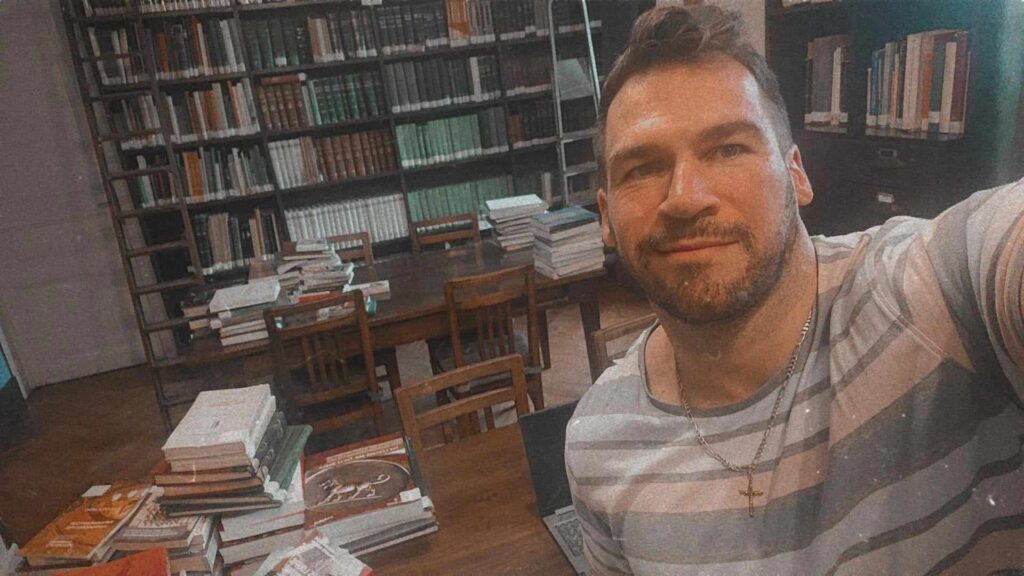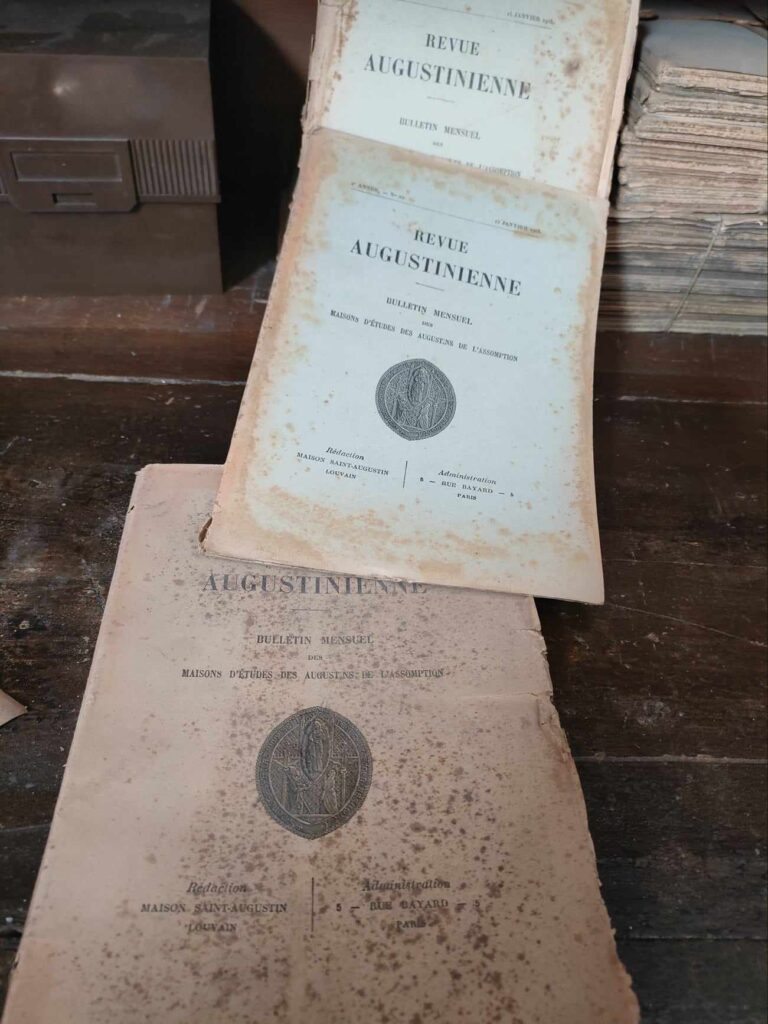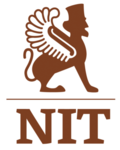by Ediz Hazır

Embarking on a journey of academic enrichment through the NIT fellowship has been a transformative experience, opening doors to new opportunities, collaborations, and intellectual growth. Over the past month, I have had the privilege of being a NIT fellow, a program that has provided support and served as a catalyst for numerous academic activities. In this blog post, I aim to share the remarkable journey and highlight the significant academic achievements and endeavours that have unfolded due to this invaluable fellowship.
My research project, titled “Religious Diplomacy between Paris, Rome, and Istanbul: The Assumptionist Order and the Roman Catholic Church in the Ottoman Empire (1863-1914),” focuses on the Assumptionists, a French Catholic Order that played a pivotal role in advancing French religious-cultural imperialism and the Vatican’s objective of unifying Eastern and Western Churches during the late nineteenth century. This mission served both religious and political endeavors closely linked to the Eastern Question and religious diplomacy between Istanbul, Paris, and the Vatican.
For a successful dissertation, my field research had to take place in three distinct locations: Turkey, Italy, and France. The NIT fellowship allowed me to complete the first part of my research, which took place in Istanbul. In Istanbul, my research mainly focused on collecting primary sources, and consulting secondary sources to build a strong base for my dissertation through content analysis.

The research began at the Directorate of State Archives, which contains invaluable documentation concerning interactions between the Ottoman Empire and the Western Powers, as well as non-Muslims. Additionally, SALT archives containing documents on the Protestant and Roman Catholic missions were also invaluable. The second and longer part of my research took place in the Assumptionist library in Kadıköy, where I prepared a base for my research in the Assumptionist archives in Paris and Rome. Furthermore, I spent a significant amount of time in the NIT, ANAMED, and IFEA (Institut Français d’Études Anatoliennes) libraries, where I analyzed and organized collected documents.
The NIT fellowship has afforded me the time and resources to delve deep into my research interests. First, I have been able to conduct extensive literature reviews, engage in fieldwork, and collaborate with leading experts in my field. Second, I submitted a paper and an academic blog post that are currently under review. Third, I prepared for my research stay in Rome. I was recently granted permission to conduct my research at the Vatican Archives and obtained the KNIR scholarship to support my research stay. Moreover, during my fellowship, I attended the Hrant Dink Foundation’s “Minority Rights in the Centennial of the Republic” conference and had the opportunity to expand my knowledge of minorities in Turkey.
In conclusion, the NIT fellowship has been a transformative force in my academic journey. It has provided not only financial support but, more importantly, a supportive environment thanks to Aysel, Fokke, and İrem, allowing me to flourish as a researcher and contributor to the academic community. As I look back on the past month, I am grateful for the opportunities and experiences that the fellowship has offered, and I am eager to continue contributing to the advancement of knowledge in my field.
